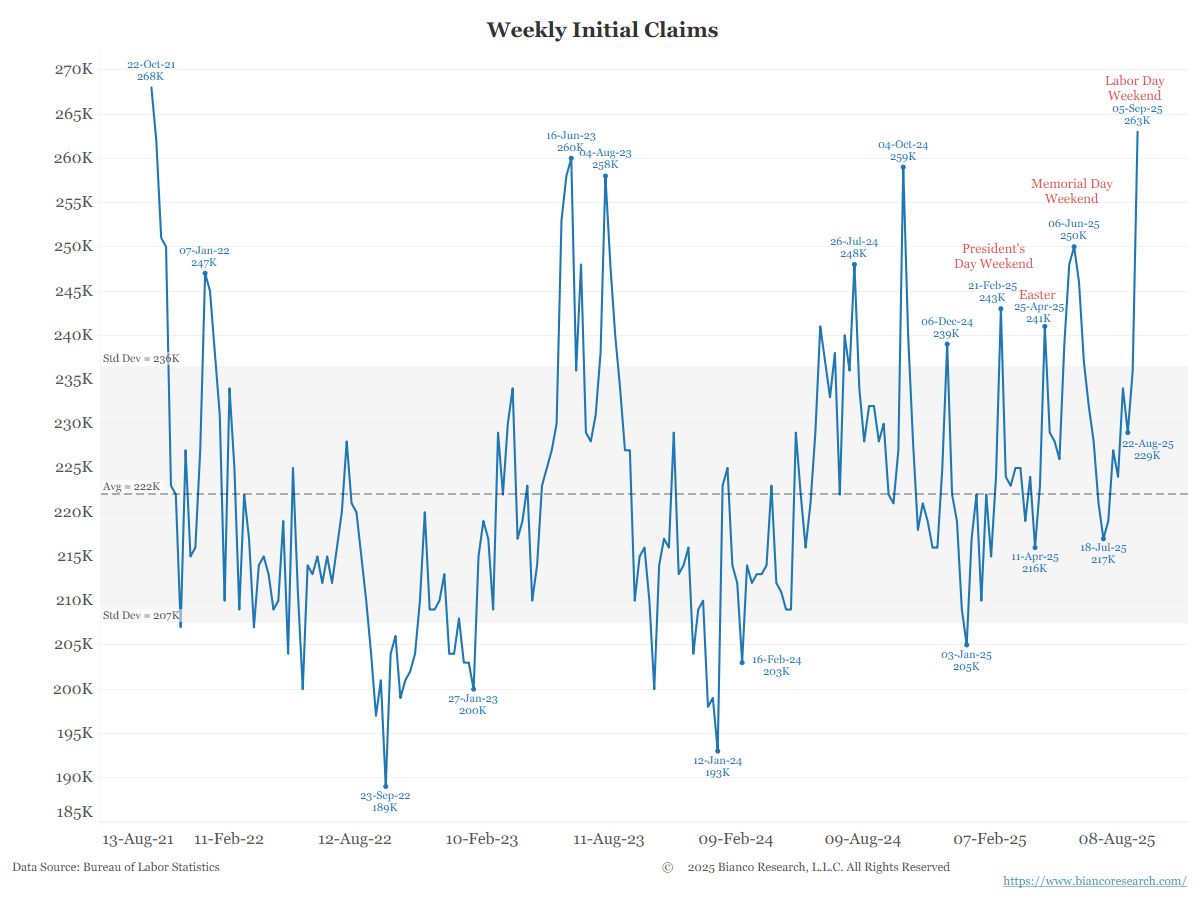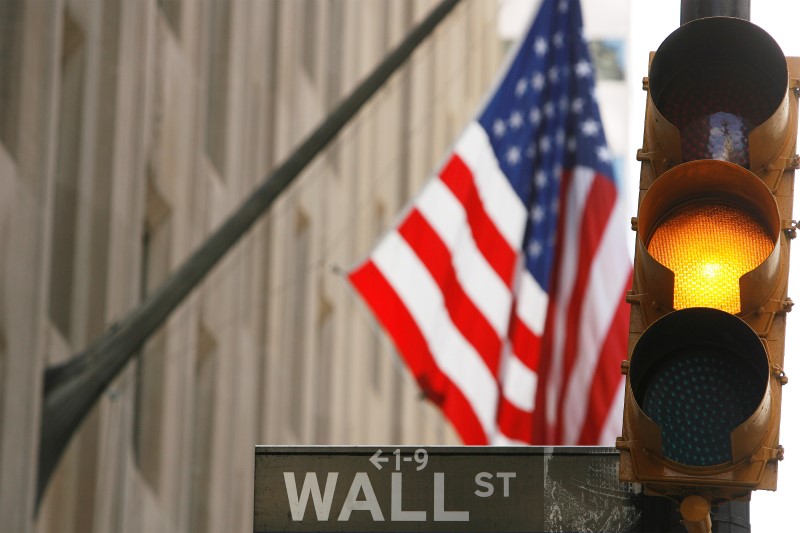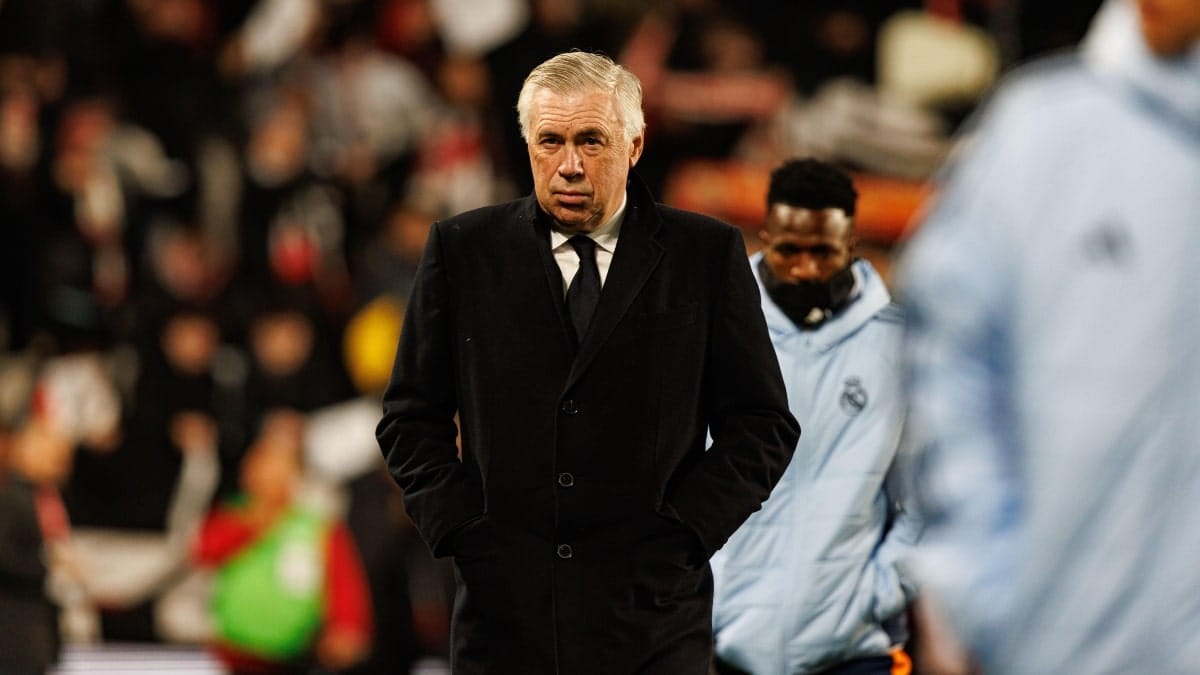The European Central Bank has raised interest rates by 0.75 percentage points to their highest level since 2009, continuing to push up borrowing costs to tackle record eurozone inflation despite a looming recession in the region.
The move, announced after the ECB governing council met in Frankfurt on Thursday, was in line with market expectations and showed rate-setters were not yet ready to slow the pace of monetary tightening despite mounting political criticism.
Italy’s new prime minister Giorgia Meloni said this week that tighter monetary policy was “considered by many to be a rash choice”. Meloni’s remarks came a week after France’s president Emmanuel Macron warned he worried about central banks “smashing demand” to tackle inflation, now at a record high of 9.9 per cent.
The ECB said in a statement that its third “major policy rate increase in a row” meant it had made “substantial progress in withdrawing monetary policy accommodation”. But it added that it still expected to raise rates further because inflation remained “far too high”.
The euro fell slightly following the announcement, extending earlier declines. The currency traded lower against the dollar at $1.0001. Eurozone bonds rallied. Germany’s 10-year yield fell by 0.1 percentage points, trading at 2.09 per cent.
The central bank said its benchmark deposit rate would rise from 0.75 per cent to 1.5 per cent — the first time it has made two consecutive rate increases of that size. Its main refinancing operations rate would rise by a similar amount to 2 per cent and its marginal lending facility rate would rise to 2.25 per cent.
The council also decided to make a €2.1tn scheme of ultra-cheap loans less attractive to encourage commercial banks to repay them early. The move is the first step towards shrinking the ECB’s €8.8tn balance sheet and is expected to be followed by a reduction in the amount of maturing bonds it replaces in part of its €5tn asset portfolio from next year.
It said the terms of the loans — known as targeted longer-term refinancing operations (TLtros) — would be changed from November 23 to raise the interest rate banks pay on them. The new rates would “be indexed to the average applicable key ECB interest rates over this period”. It added that banks would be offered extra opportunities to repay the loans early now they have been made less attractive.
Frederik Ducrozet, head of macroeconomic research at Pictet Wealth Management, said the move to change the terms retroactively was “a risky decision” and that it would “likely” incentivise banks to repay the funds borrowed earlier. Some banks have warned retroactive changes will damage the credibility of the ECB’s refinancing operations and constrain its ability to use them in future.
In a separate change, the central bank announced that it would lower the interest rate it pays on minimum reserves deposited by credit institutions by 0.5 percentage points. The rate on these would shift down from its main refinancing rate to its deposit rate to align it “more closely with money market conditions”.
The US Federal Reserve is also expected to increase rates by 0.75 percentage points when it meets next week. Investors are looking for any signs from major central banks that they plan to slow the pace of tightening, following smaller than expected rate rises by Canada’s central bank on Wednesday and by the Reserve Bank of Australia earlier this month.
Eurozone inflation is expected to climb further when October price data are released on Monday. However, European wholesale energy prices have fallen sharply in recent weeks, which may start to ease price pressures in the coming months.
While the eurozone economy is expected to have grown 0.7 per cent in the third quarter, many economists expect it to shrink for the next three quarters due to the impact of high energy and food prices on consumer spending and industrial output.
Additional reporting by Tommy Stubbington
















